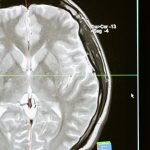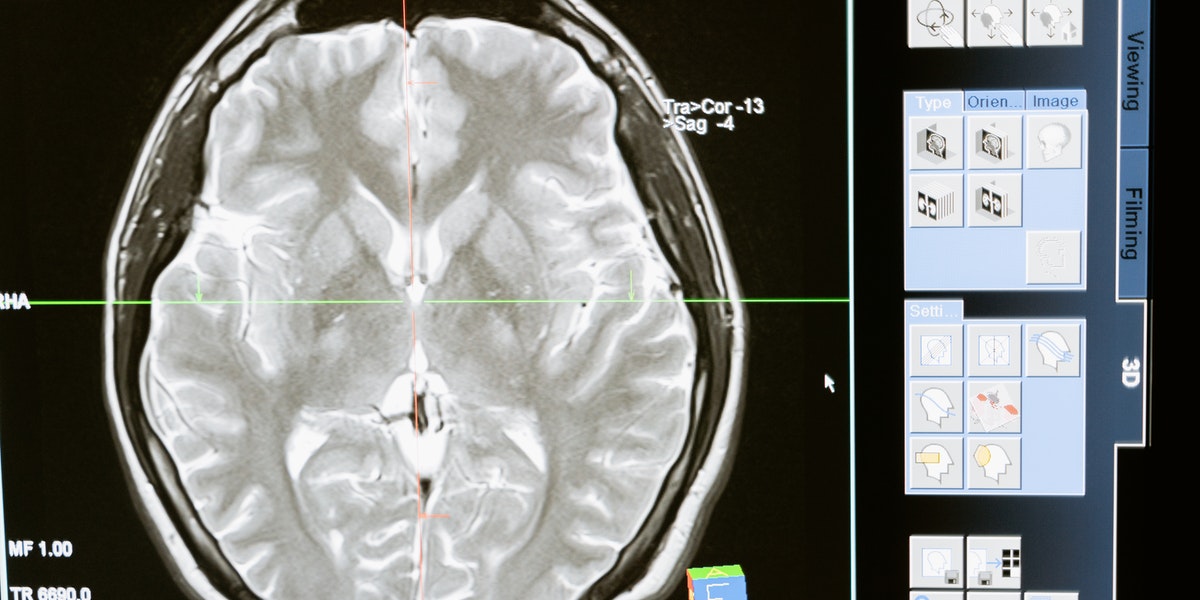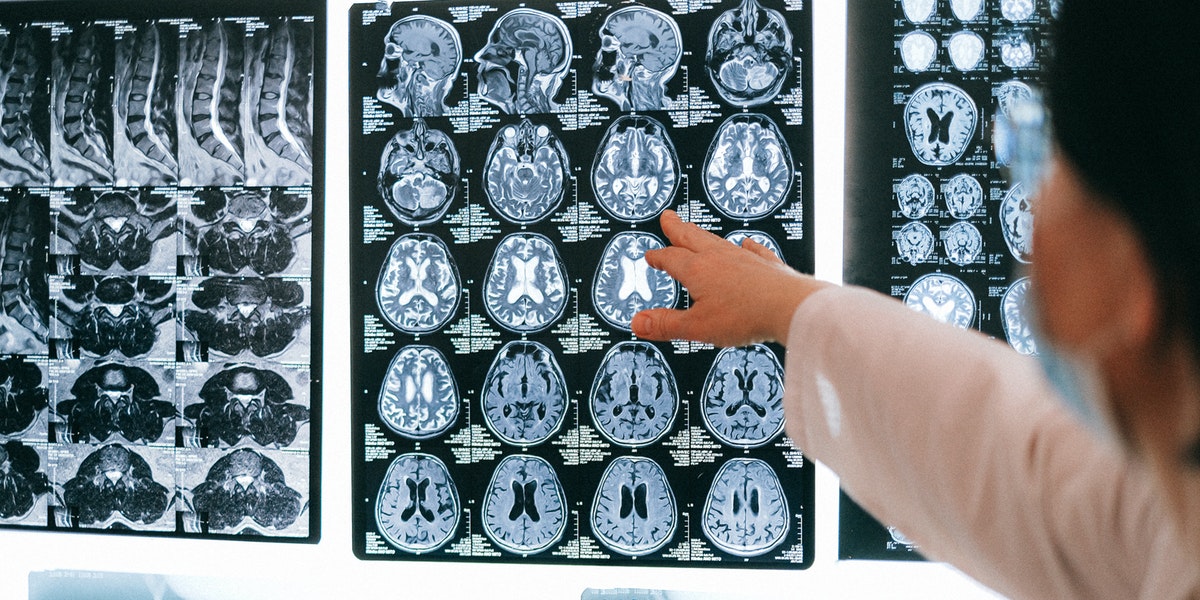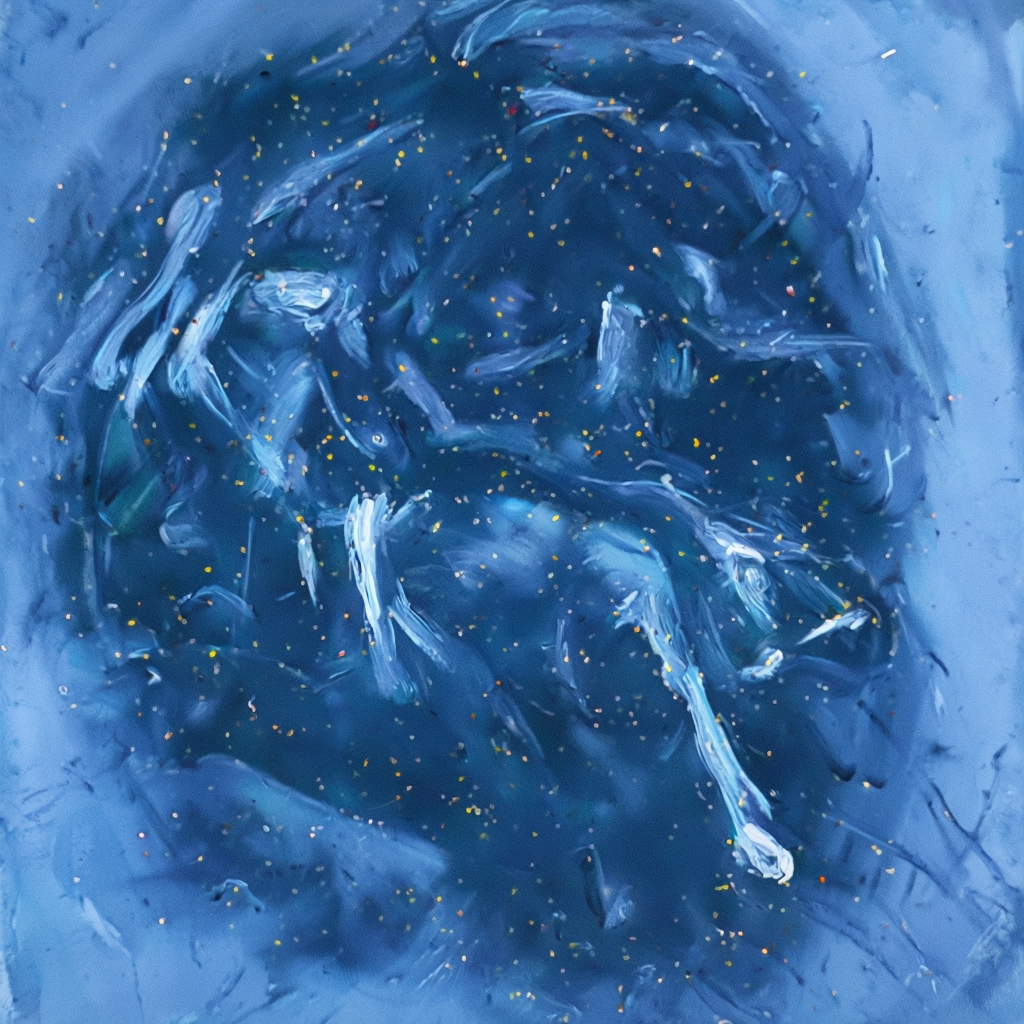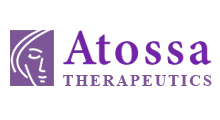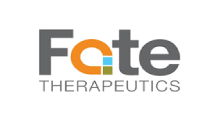
Approximately 5.8 million people in the United States age 65 and older live with Alzheimer’s disease. Of those, 80% are 75 years old and older. Out of the approximately 50 million people worldwide with dementia, between 60% and 70% are estimated to have Alzheimer’s disease.
On Monday, June 07, 2021 Biogen (Nasdaq: BIIB, $395.85, +38.34%) and Eisai, Co., Ltd. (Tokyo, Japan) announced that the U.S. Food and Drug Administration (FDA) has granted accelerated approval for the much debated and controversial ADUHELM™ (aducanumab-avwa) as the first and only Alzheimer’s disease treatment to address a defining pathology of the disease by reducing amyloid beta plaques in the brain. This approval was the first FDA clearance of an Alzheimer’s therapy since 2003 and is likely to serve as a beacon for hope for patients and investors alike as it is shining light on a once dark and mysterious space. On Monday, it also seemed to boost the biotech sector as a whole. The SPDR S&P Biotech ETF (XBI) closed at $132.61, +4.62%, the iShares Nasdaq Biotechnology ETF (IBB) also closed at $158.28, +3.44% & the NYSE ARCA Biotech Index (^BTK) closed at 5,753.77, +3.55%.
ADUHELM’s accelerated approval has been granted based on data from clinical trials demonstrating the effect of ADUHELM on reducing amyloid beta plaques, a biomarker that is reasonably likely to predict clinical benefit, in this case a reduction in clinical decline. Continued approval for ADUHELM’s indication as a treatment for Alzheimer’s disease may be contingent upon verification of clinical benefit in confirmatory trial(s). The company highlighted that an accumulation of amyloid beta plaques in the brain is a defining pathology of Alzheimer’s disease & that in clinical trials, ADUHELM reduced amyloid beta plaques by 59 to 71 percent at 18 months of treatment.
“This historic moment is the culmination of more than a decade of groundbreaking research in the complex field of Alzheimer’s disease. We believe this first-in-class medicine will transform the treatment of people living with Alzheimer’s disease and spark continuous innovation in the years to com. We are grateful for the contributions of thousands of patients and caregivers who participated in our clinical trials, as well as for the dedication of our scientists and researchers. Together with the healthcare community, we are ready to bring this new medicine to patients and begin to address this growing global health crisis,” stated Michel Vounatsos, Chief Executive Officer at Biogen.
“Eisai has been working on the creation of new treatments for Alzheimer’s disease since the early 80s through our relentless pursuit to understand the root causes of this disease, and we have spent more than a quarter of a century with people living with Alzheimer’s disease to understand their needs. We are very pleased to be able to open a new chapter in the history of Alzheimer’s disease treatment with the approval of ADUHELM. This approval has the potential to bring hope to the future of global health, society and, most importantly, the patients and their families, and represents a great step toward the advancement of holistic ecosystem solutions for this devastating disease,” said Haruo Naito, Chief Executive Officer at Eisai.
According to the Wall Street Journal, analysts polled by FactSet project sales of $62.7 million in 2021, $603.2 million in 2022 and $1.6 billion in 2023. Biogen stated that it would charge about $56k a year per patient. Approx. 6 million people have Alzheimer’s in the U.S and according to estimates by Cigna approximately 1.4M patients may be eligible to take Aduhelm.
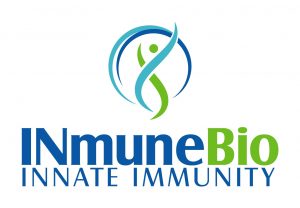
With Biogen’s historic FDA approval for Alzheimer’s now in the books, we believe that it is opening the door for other approaches to be considered possibly on an expedited basis and that investors should seriously consider as well.
VP Watchlist Stock, INmune Bio, Inc. (NASDAQ: INMB), a clinical-stage immunology company focused on developing treatments that harness the patient’s innate immune system to fight disease, confirmed on June 3rd via announcement that the United States Adopted Name Council (USAN) has adopted the name “Pegipanermin” for its lead clinical candidate, XPro1595. The United States Adopted Names (USAN) Council is responsible for selecting simple, informative and unique nonproprietary (generic) drug names. The council and staff meet twice a year to discuss outstanding negotiations, new items of interest and policy issues. The USAN Council establishes logical nomenclature classifications based on pharmacological and/or chemical relationships. In addition to one member-at-large and a Food and Drug Administration (FDA) liaison, the council consists of one representative from each of the following: The American Medical Association (AMA), United States Pharmacopeia (USP) and the American Pharmacists Association (APhA). XPro1595 is a next-generation inhibitor of tumor necrosis factor (TNF) that uses a dominant-negativeTNF technology that is very different from approved TNF inhibitors that block the effects of both soluble and trans-membrane TNF. Pegipanermin neutralizes soluble TNF, without affecting trans-membrane TNF or TNF receptors. XPro1595 could have substantial beneficial effects in patients with Alzheimer’s and other neurodegenerative diseases by decreasing neuroinflammation. For more information about the importance of targeting neuroinflammation in the brain to improve cognitive function and restore neuronal communication visit this section of the INmune Bio’s website.
INmune Bio reported positive Phase 1b Alzheimer’s data in January 2021 demonstrating that XPro1595 decreased neuroinflammation and neurodegeneration biomarkers in patients with mild to moderate Alzheimer’s. The company is planning to initiate two Phase 2 clinical trials of XPro1595, in Alzheimer’s and Treatment Resistant Depression, in 2021. “Demonstrating changes in neuroinflammatory biomarkers across multiple measures (CSF and MRI) and assays in a small dataset gives us great confidence that XPro1595 is having the desired effect in the CNS. To see an impact on AD relevant disease pathways by three months that are sustained in patients that opted to enroll in the extension study for an additional nine months is more that we could have hoped for at this stage of development and will be of enormous value in planning the Phase 2 study.” said CJ Barnum, Ph.D., Head of Neurosciences at INmune Bio.
Shares of INmune Bio (INMB) closed trading last night at $15.97, +19.45% and its 52-wk range is $4.5-$29.99. INMB closed Q1/2021 with cash of $45.3M, which management believes is enough to fund operations into Q4/2022. Per our beliefs, INMB’s biggest value generator is its Phase 1 AD program, with additional results due later this year and their Phase 2 to start in in the 2nd half of this year.



